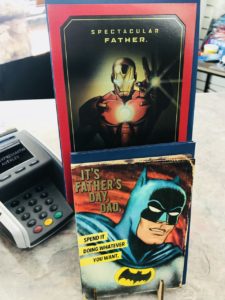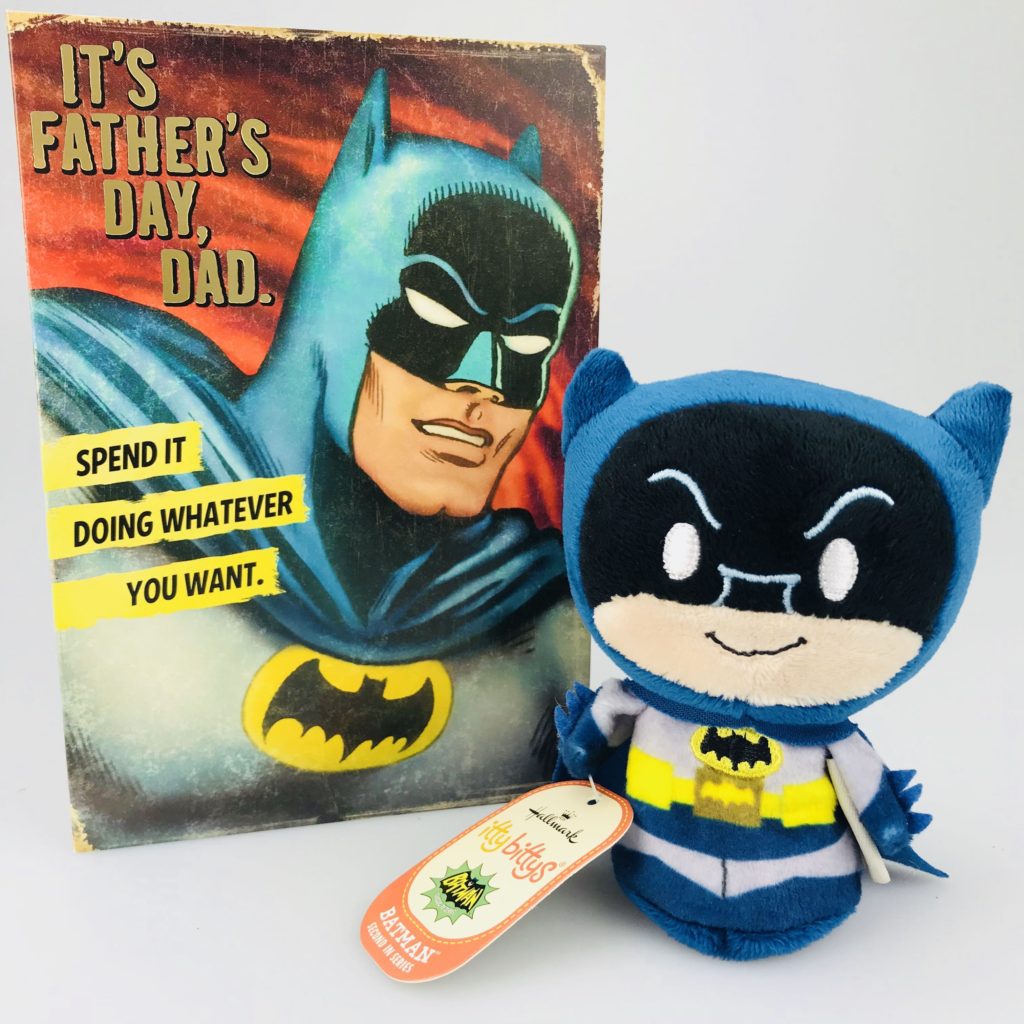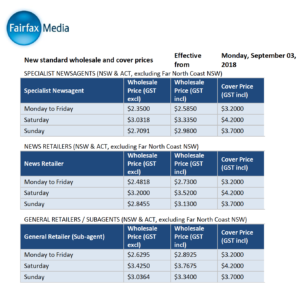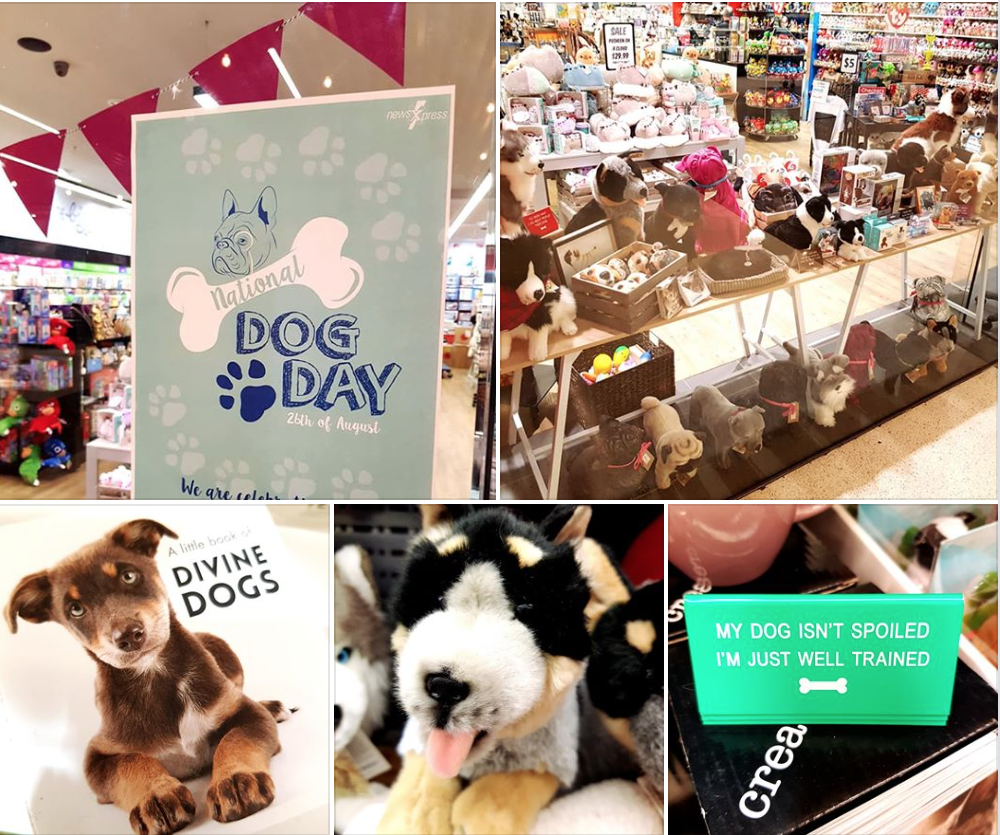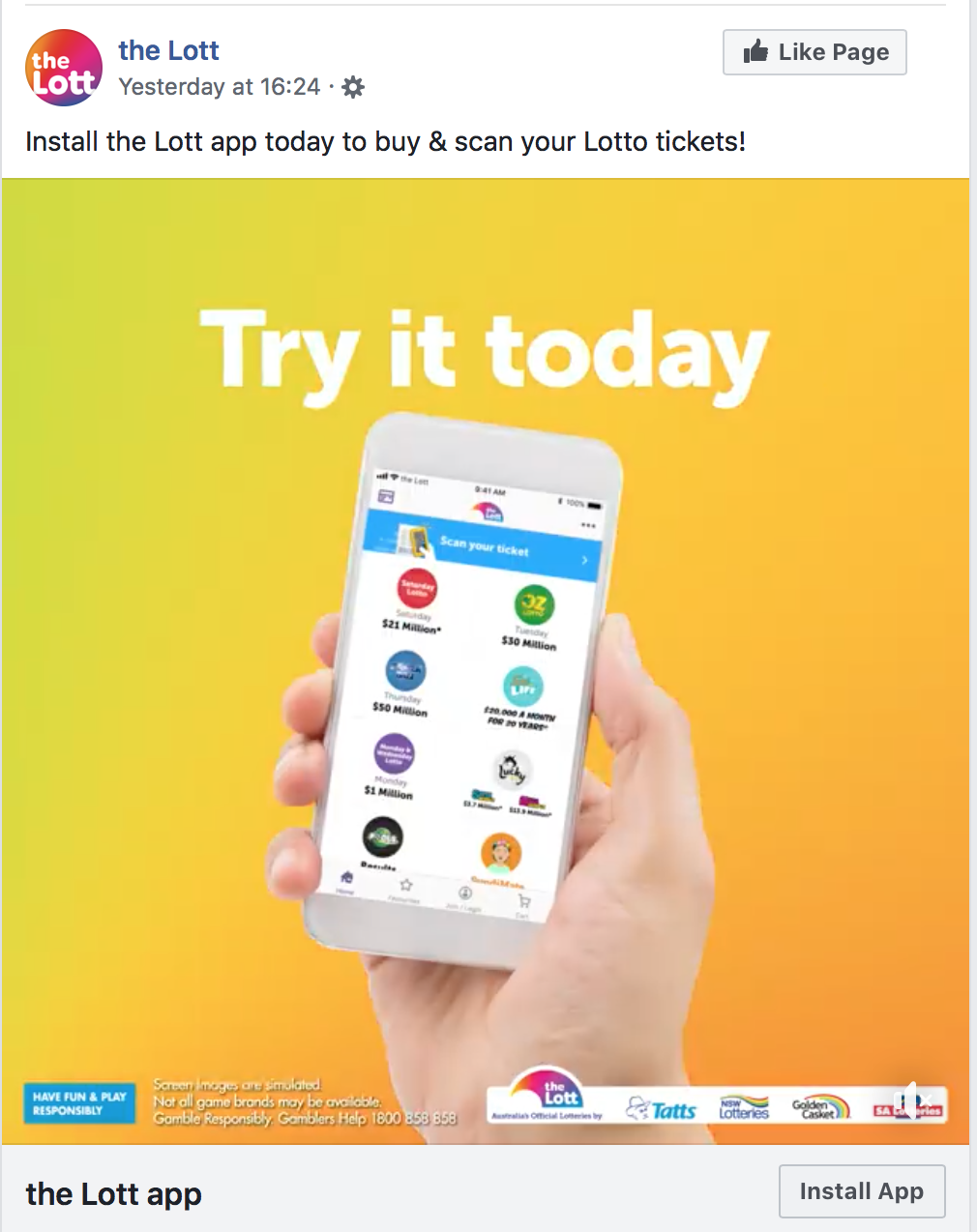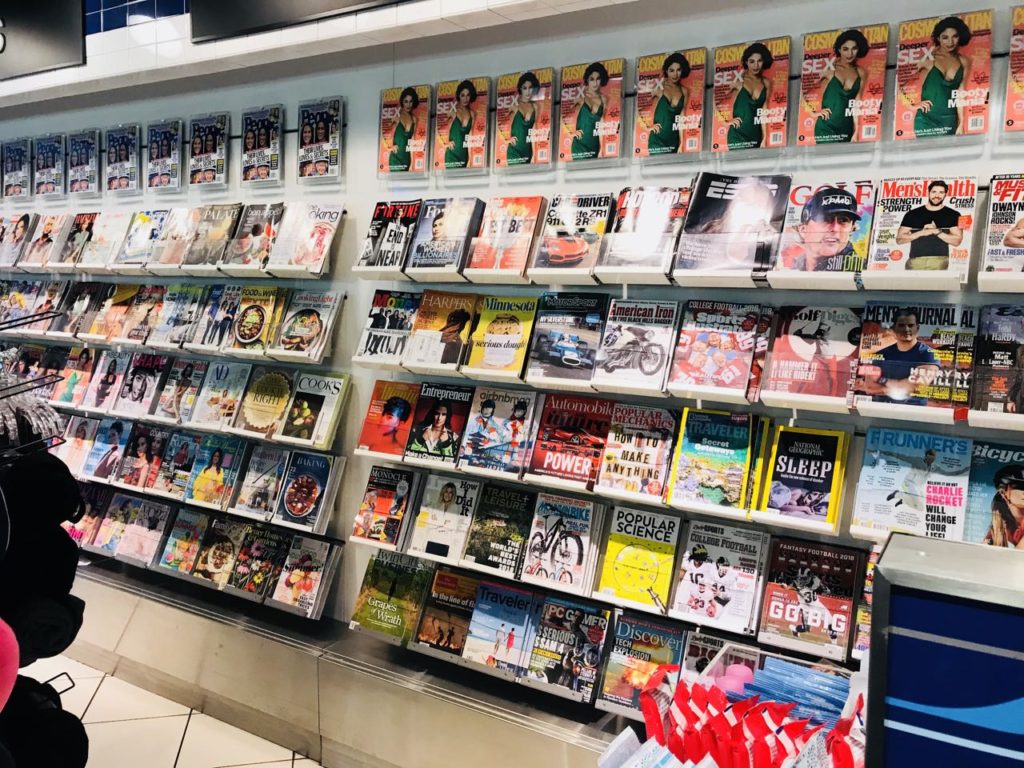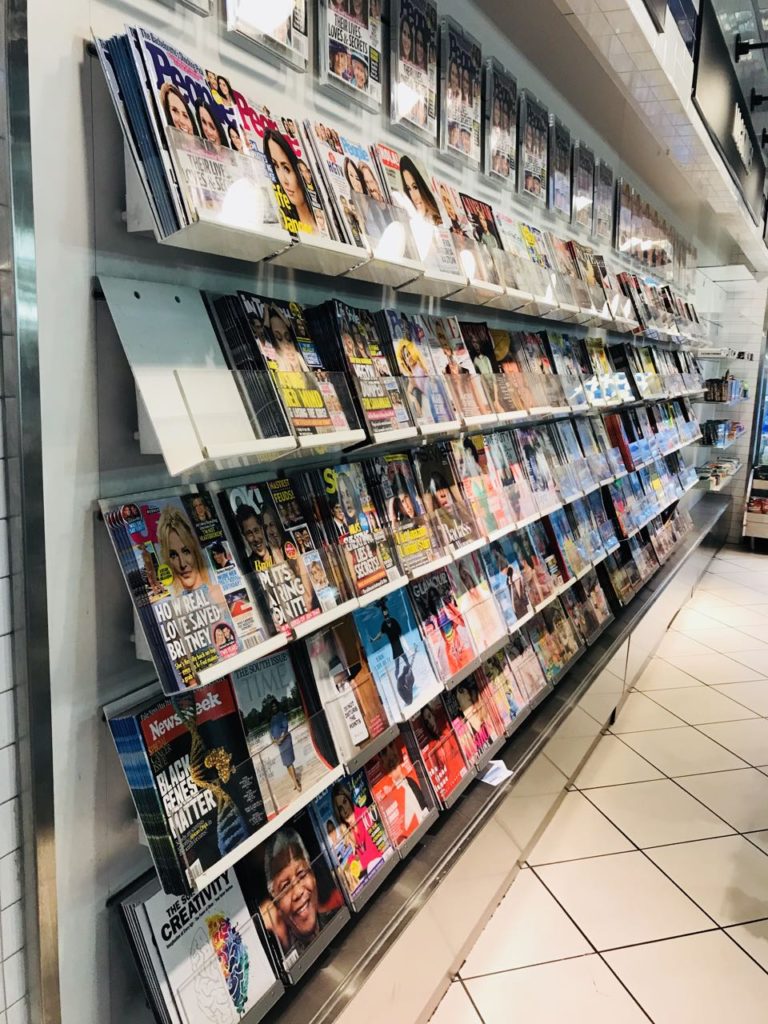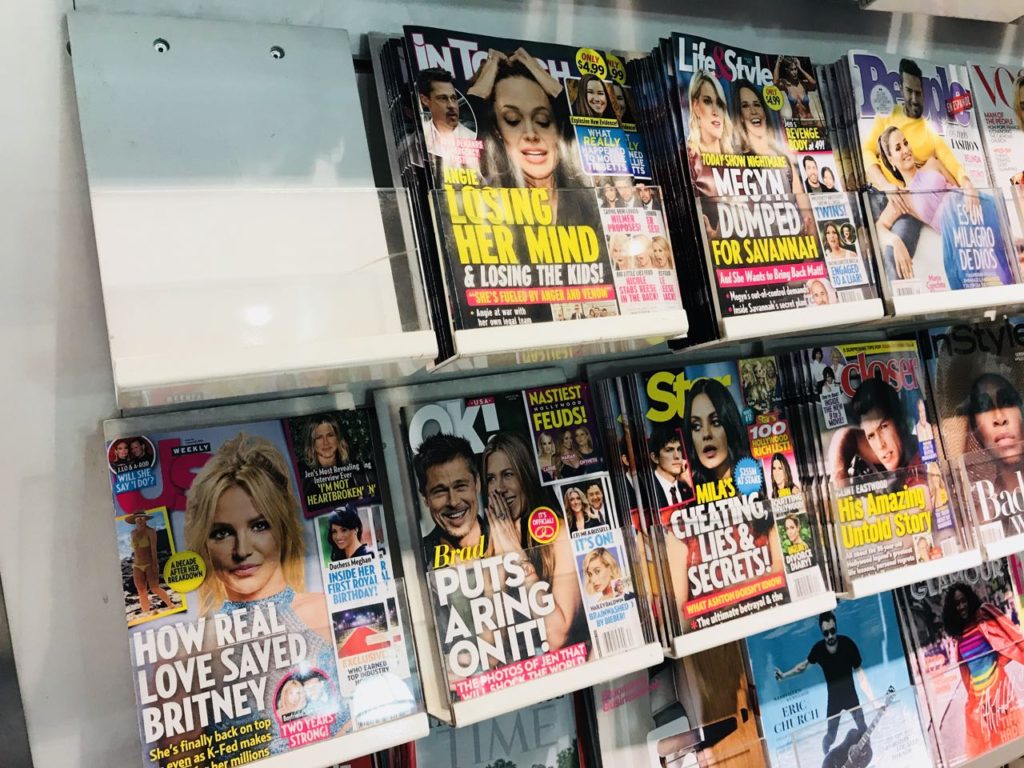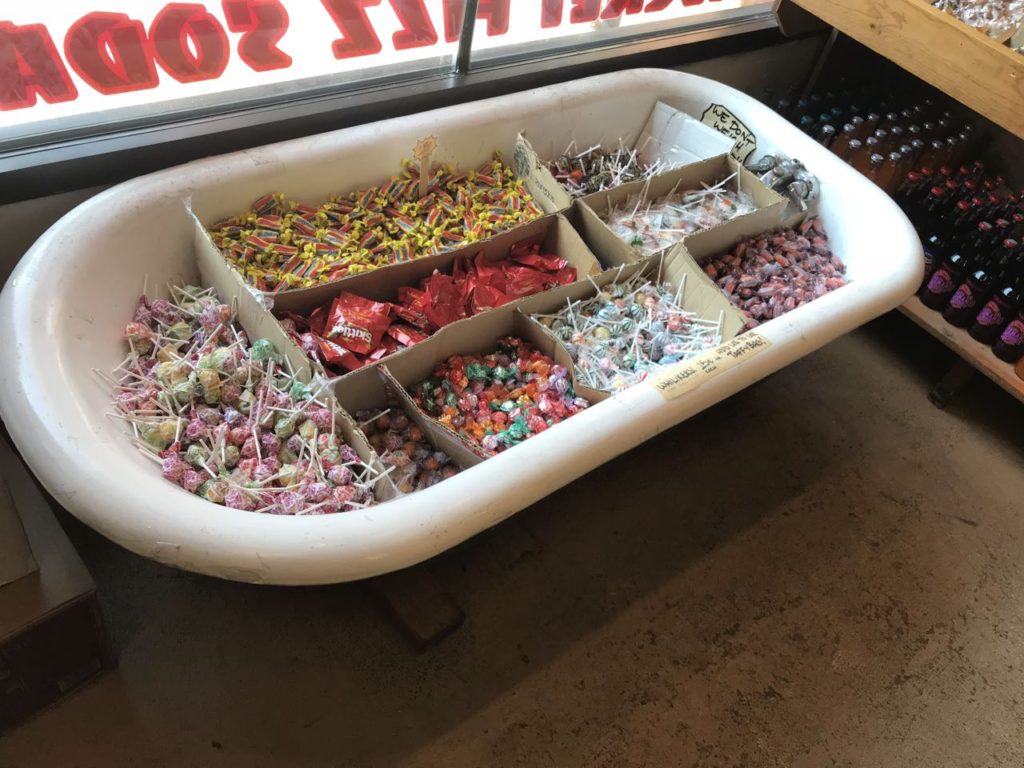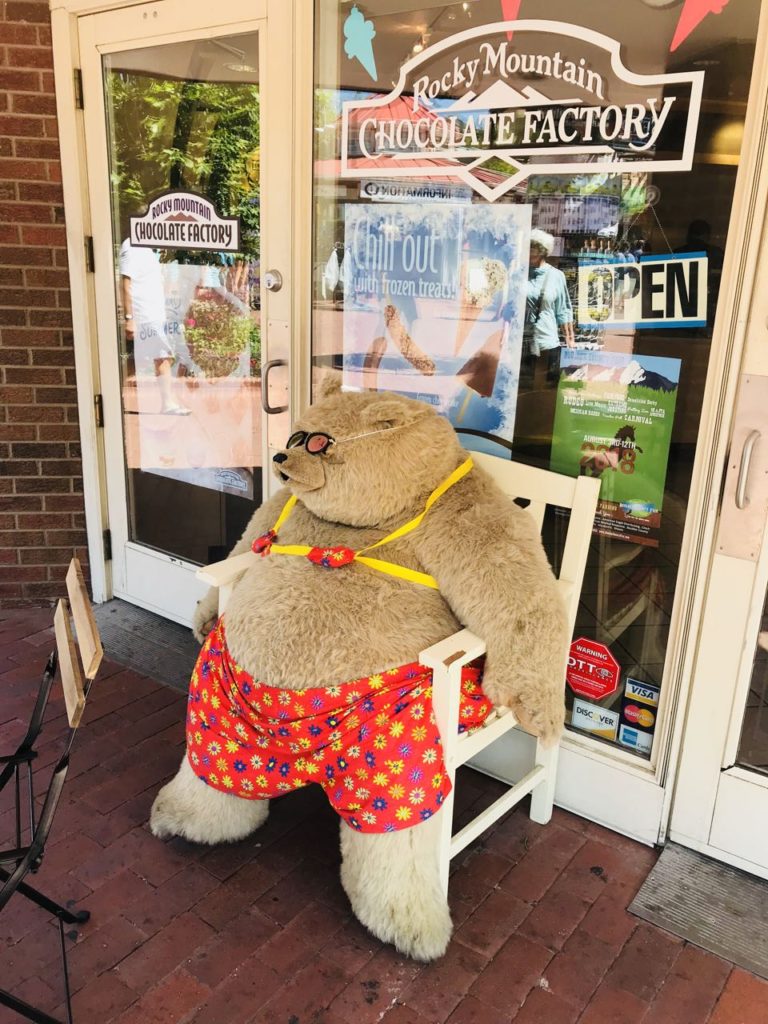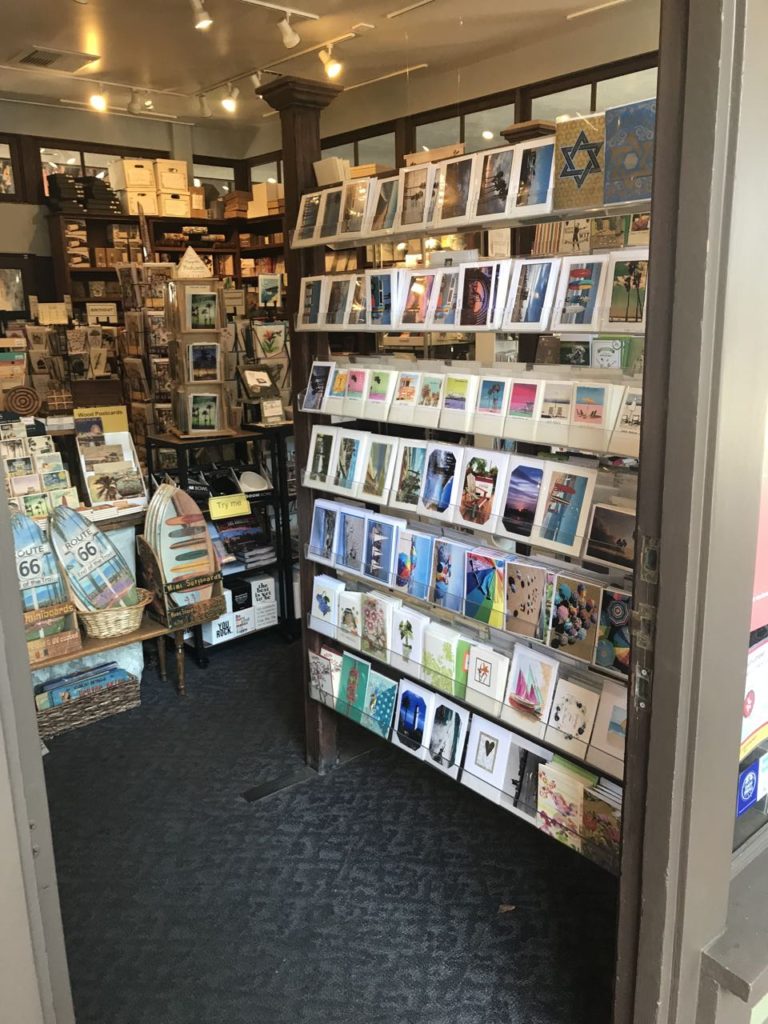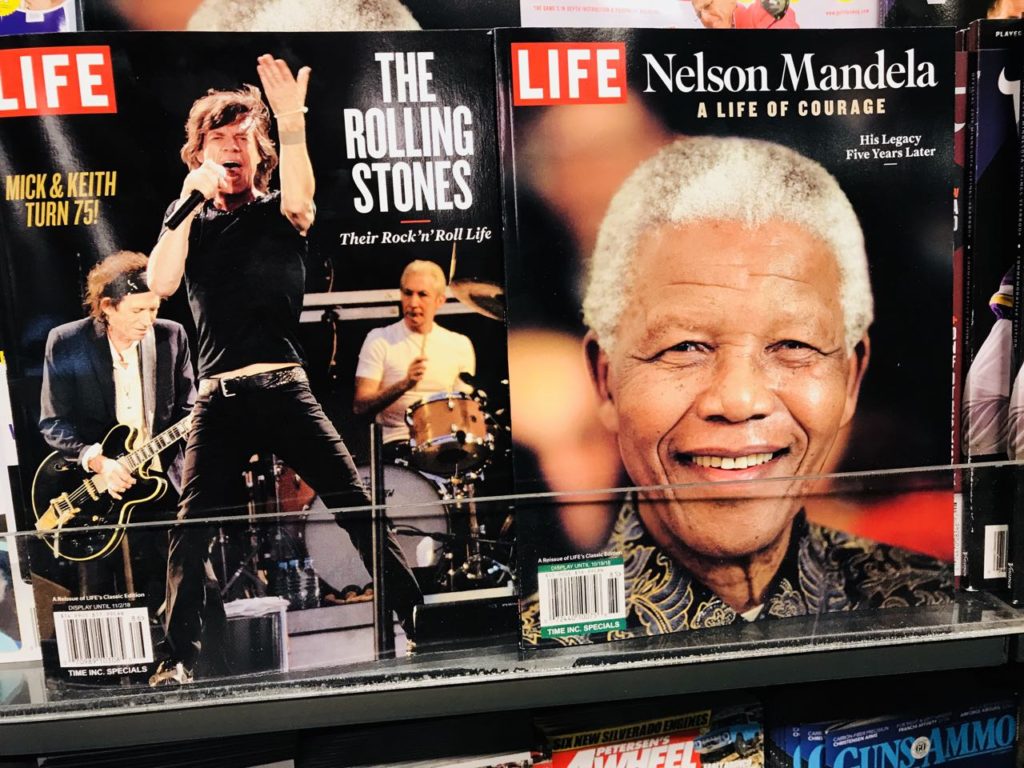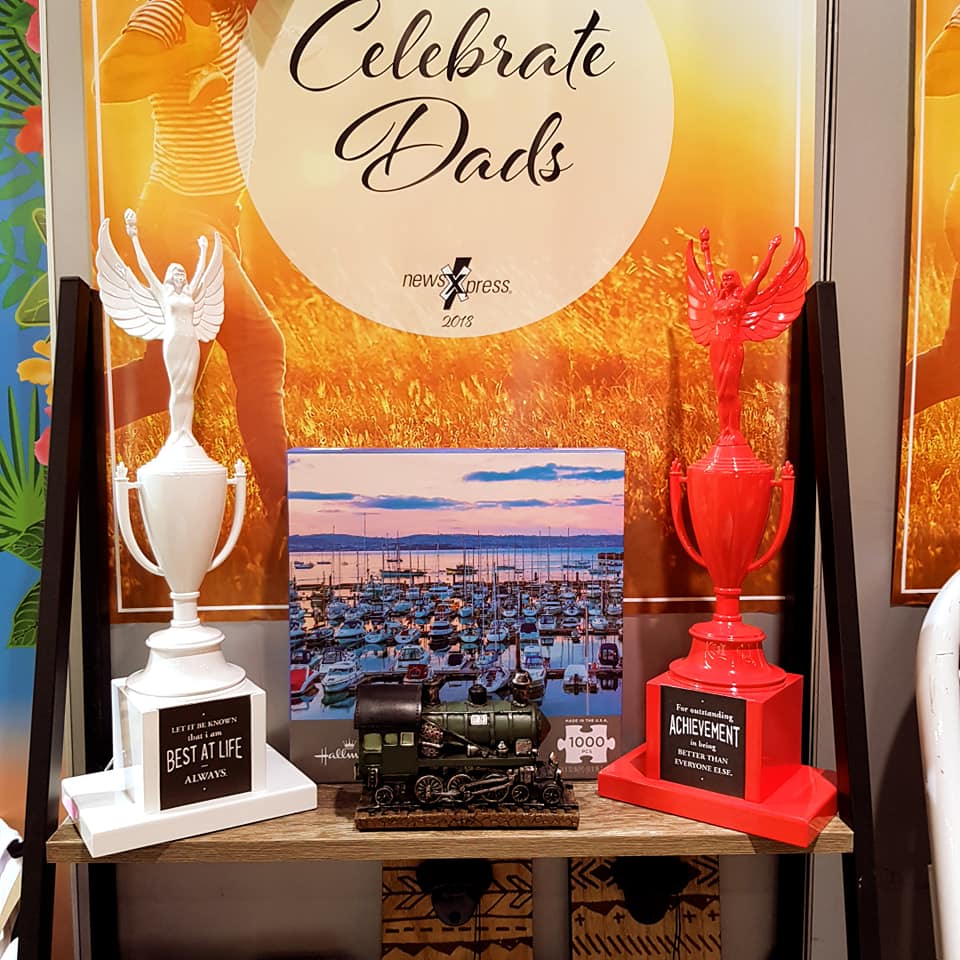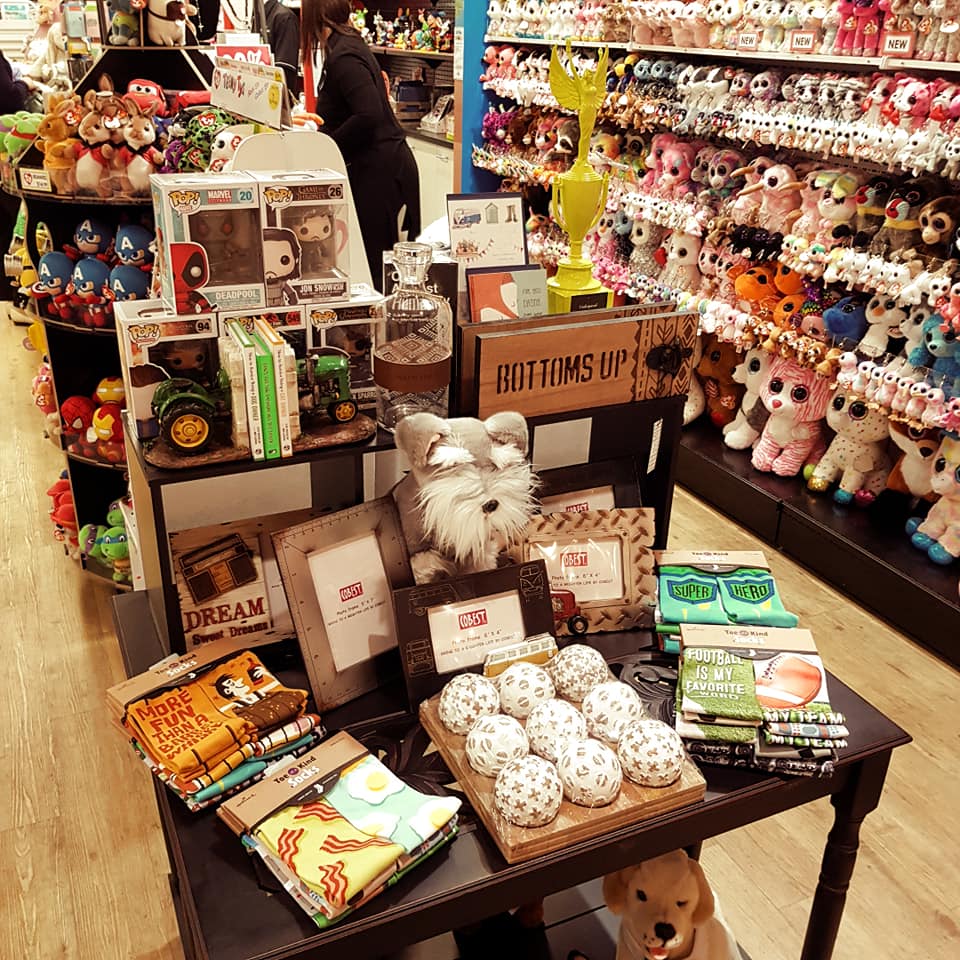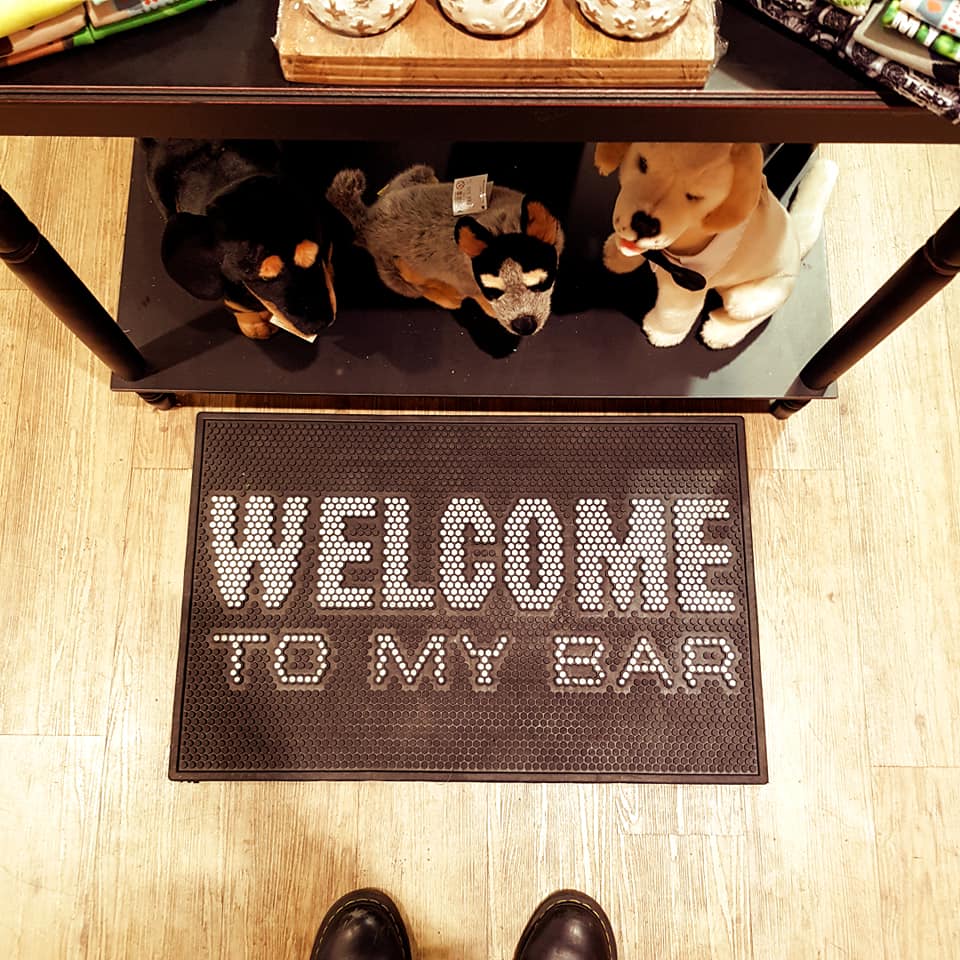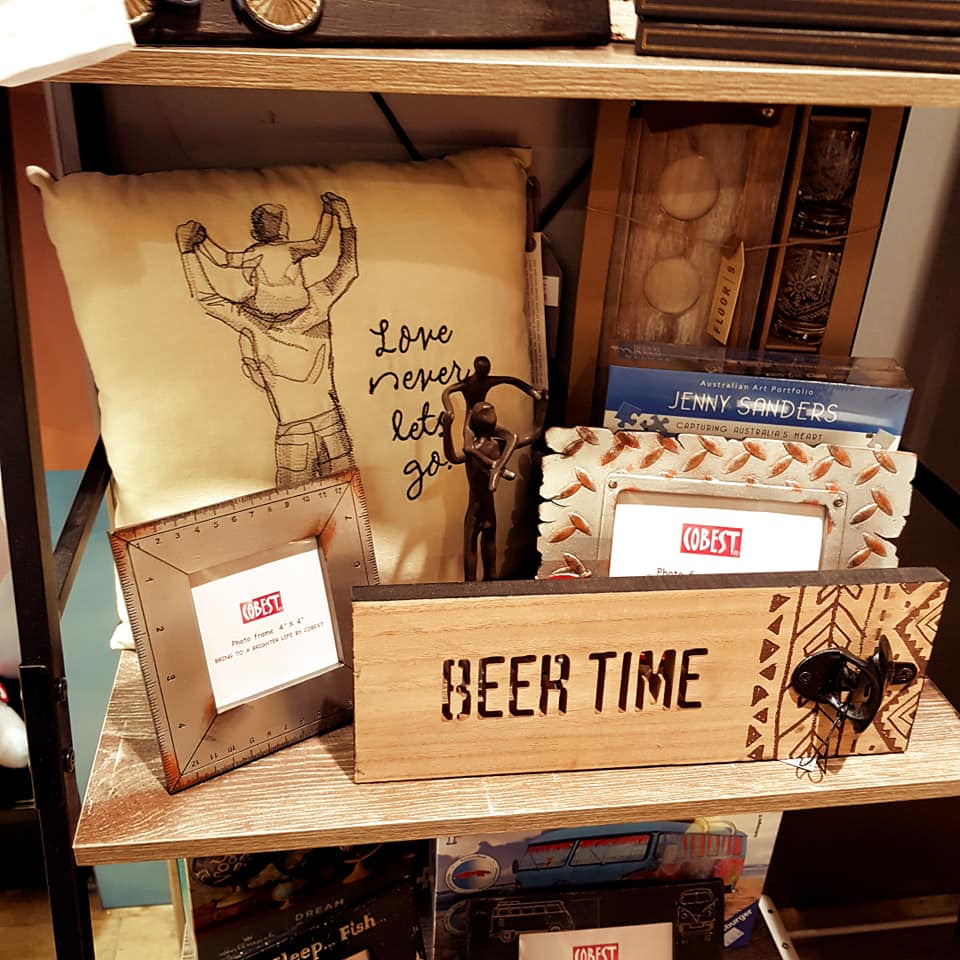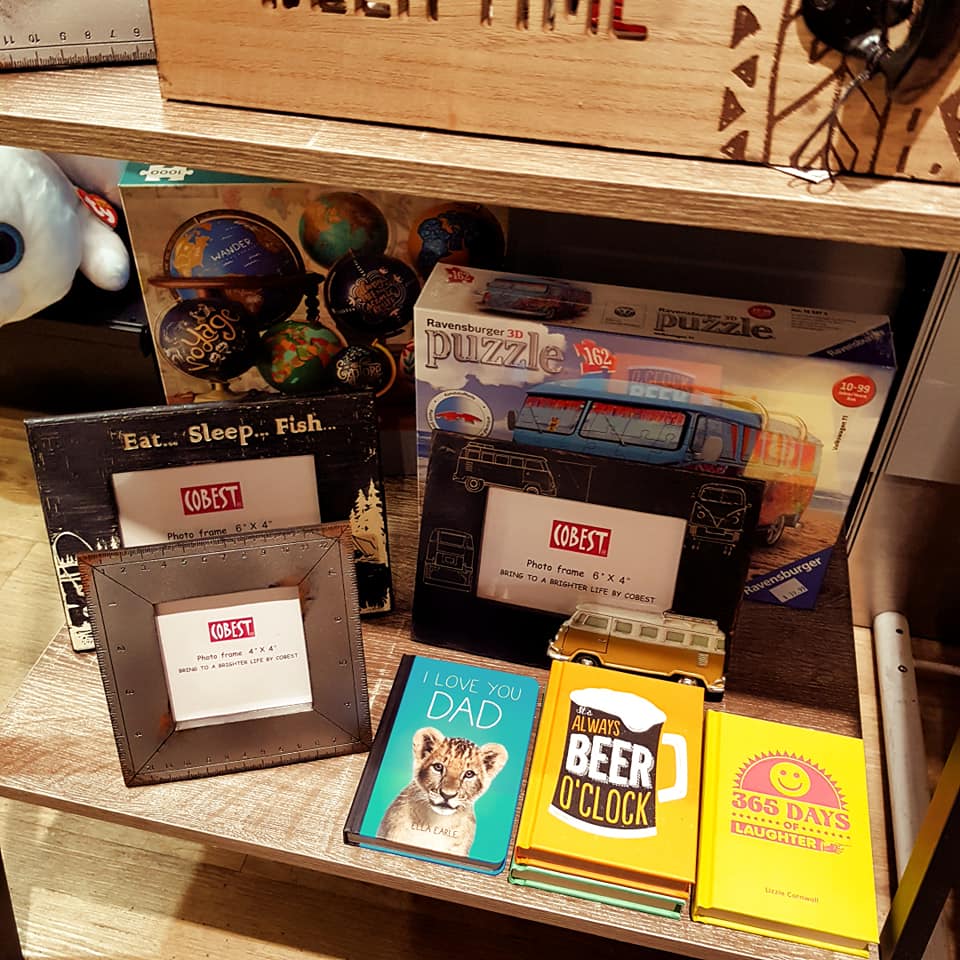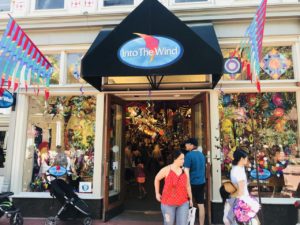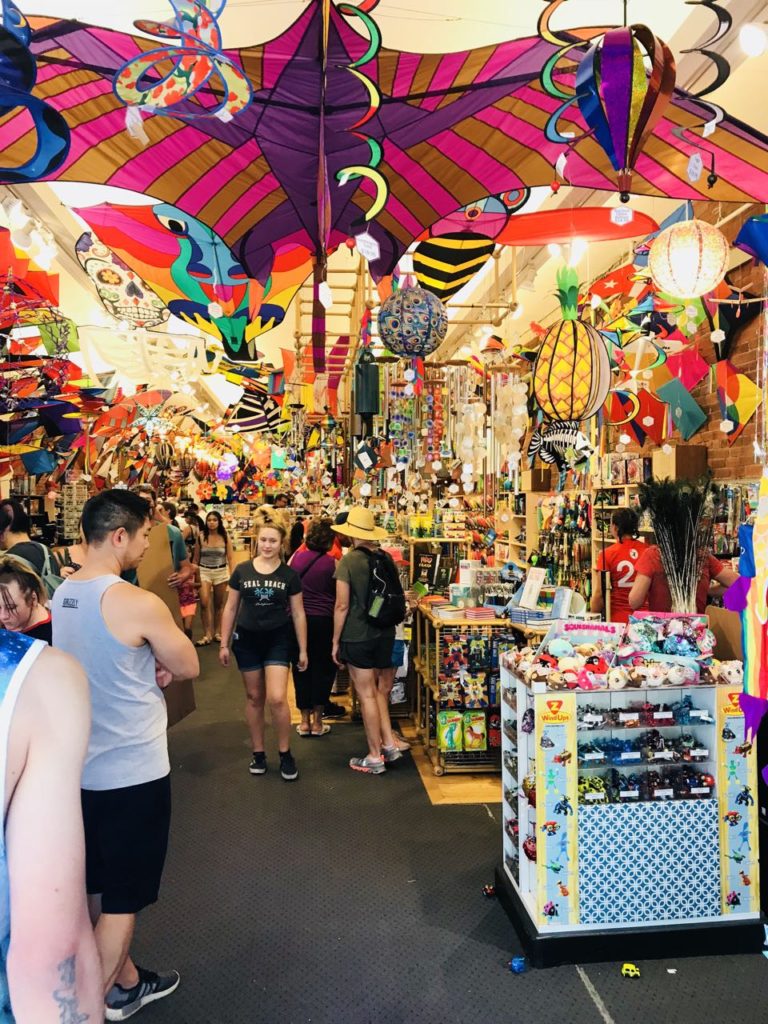Meet the new minister for small business
I was fortunate to be at day one of of the Vodafone COSBA National Small Business Summit in Sydney yesterday. The opening keynote speaker was Senator Michaelia Cash, the new Minister for Small Business.
While one needs to be cautious of any politician from any party, since their core focus is to the base that will elect them, I was impressed with Ms Cash’s grasp of her brief.
A headline of her appointment, of course, is that Small Business is now back in cabin et. That is good because if the minister is active in representing the department, it puts a Small Business perspective at the cabinet table.
This is good because, as we were reminded several times yesterday at the COSBOA conference, Small Business accounts for close to 50% of Australia’s GDP and we employ close to 5 million people. These are extraordinary stats.
Minister cash opened her speech with:
Thank you for being the engine room of the economy.
Thank you for providing millions of Australian jobs
Thank you for being the bedrock of the local community.
You employ 5 milliion Australians.
Small business brings innovation and culture to the community.
She went on to share her the story of her Small Business owner father and how he get her and her sister to work Sundays, when the shop was closed, to stock shelves. It was a good story to share to demonstrate empathy for many aspects of small business ownership. She talked about Small Business being a family affair, which it is.
The family is physically and emotionally invested in the business. That’s what we learnt as kids.
I heard a similarly empathetic story from John Howard when I met him years ago so, yes, I am cynical of politician stories when it comes to Small Business. However, stories of personal Small Business experience are better than none.
Minister Cash spoke of the instant asset write off and hinted there would be another look at this, giving hope that it may be on-going and the amount could increase. Kate Carnell, the Australian Small Business and Family Enterprise Ombudsman certainly made a point about this when speaking on the topic later later in the day.
While the Minister for Small Business strayed into politics, much of the speech was non political and speaking to the needs of Small Business. It was encouraging. It was also encouraging that the Shadow Minister for Small Business was in the audience and was equally supportive of Small Business.
I think we in Small Business can have high hopes for what the Morrison government will achieve in this area in advance of the next federal election. Given our size in the economy and their understanding ding of our value, we ought have high expectations.
This Summit organised by COSBOA, of which ALNA is an active part, is an important event in the Small Business calendar as it brings together associations, government departments and others to discuss topics that matter to small business.
While I may write more about this another time, I’d note that one on one discussions with folks from the ATO, the office of the Fair Work Ombudsman, Google, NAB and others were most interesting. Indeed, the bank discussions were fascinating for what they did not know about our channel.
I am grateful to COSBOA for the invitation to attend.

